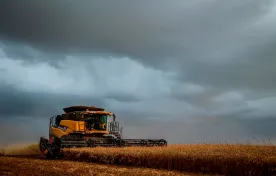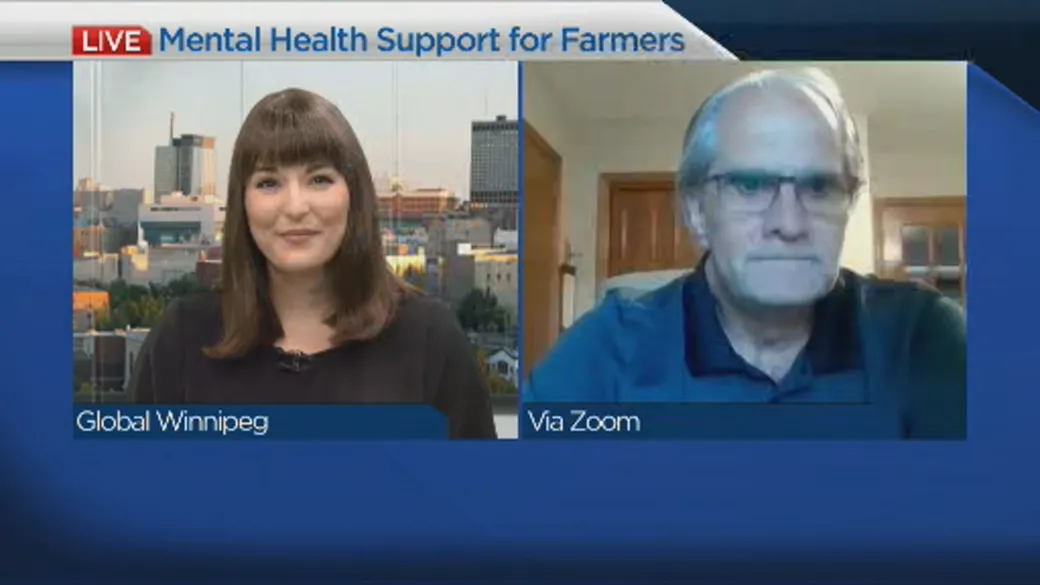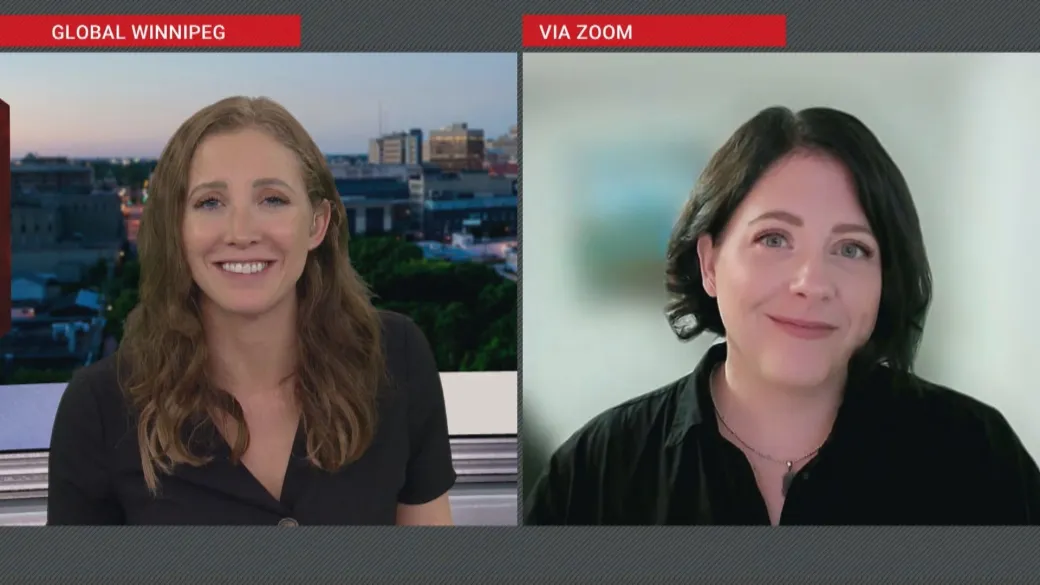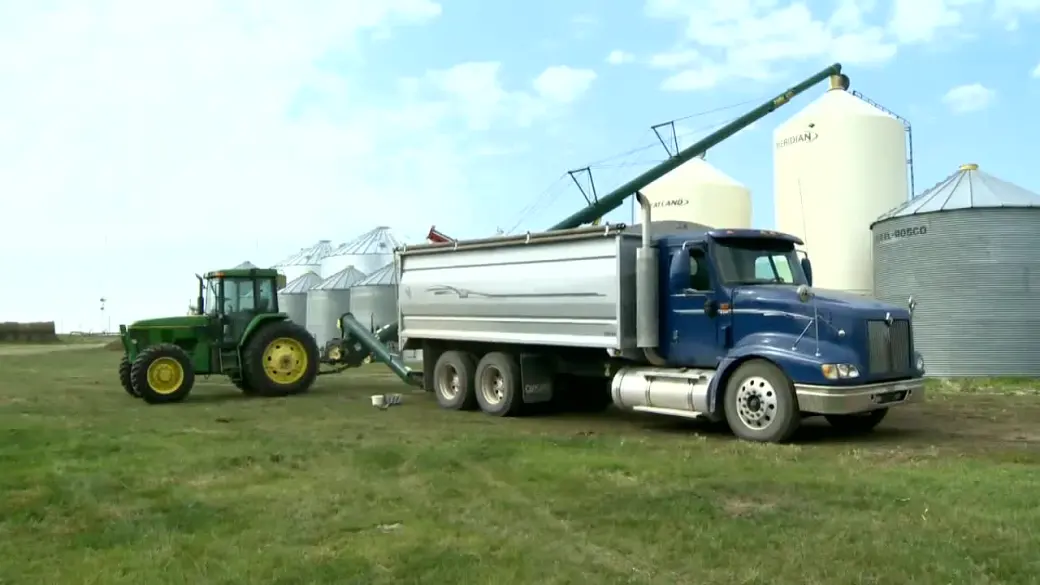December 21, 2024

Farming involves long days, and hard, volatile work, which are often handled alone.

“I was a hog producer, and the hog industry had been incredibly volatile (in regard to) the prices,” said Gerry Friesen, the Chief Administrative Officer of the Manitoba Farmer Wellness Program (MFWP).
“And so, we were experiencing some significant difficulties, that I believe — combined with the work I was doing — just kind of pushed me towards the abyss, where I realized, and my doctor concluded, that I needed to do something to try and get better.”
Friesen was diagnosed with anxiety and depression in 2004.
At the time, not many knew because he didn’t feel comfortable sharing.
“I was brought up in a world where, if you experienced these issues, (it) meant you weren’t working hard enough, or your faith wasn’t strong enough. So what I was doing, was trying to work my way out of that,” Friesen said.
The turning point in his life, was a neighbour who came by to say hi.
“For some strange reason, that day I started opening up and talking to a neighbor, which was really kind of strange in retrospect. I’m not sure what came over me, but I did.
“He sat for an hour, and he listened to me. He gave me that listening ear. He didn’t judge me. He didn’t give me answers. What he did is he listened. He normalized and validated what I was going through. And in fact, that experience encouraged me enough to actually go out and get further help,” he said.
Out of his experience, Friesen helped establish with the MFWP, which offers free counselling for Manitoban producers, their immediate families, and employees.

That program has now gained charitable status, opening up more funding opportunities for the organization.
“It’s somewhat of a natural evolution for a not for profit like us,” Friesen said. “There’s foundations out there that do fund organizations such as ours, but there’s always a requirement that we be a charitable organization. So that now qualifies us for that.
“But it also provides this incentive for individuals’ donations, because we’re all looking for that tax receipt at the end of the year and we are now able to provide that,” he said.
The possibility of additional funding could help the MFWP expand, which would be helpful given more people are using it than when it first started in 2022.
“Our numbers in the second year doubled from the first year. And now, in the third year, we’re already at 150 per cent of what we were last year, and the year isn’t over yet,” Friesen said. For confidentiality reasons, he did not share exact numbers.
Friesen adds the increase in users is a double-edged sword.
“I always say it’s good news because people are using the program, but that’s tempered with the fact that it’s bad news (because) they need it. Right. But at least it’s there,” he said.
Data cited by the MFWP, shows 58 per cent of farmers meet the criteria for an anxiety disorder, and 35 per cent for depression. When the research was released, 40 per cent of farmers didn’t want to seek help due to stigma.

Roberta Galbraith, vice-chair of MFWP’s board, and Westman producer, said the program is there to change that.
“Everybody feels so much better afterwards. Just talking about a challenge that you might have just takes the weight off… It’s a simple gesture, but it’s so powerful,” she said, adding she’s seen a shift in culture around mental health over the years.
“It’s a continuum. I do think that we still have an awful lot of work to do. But I think that more and more people are talking about anxiety (and) depression,” she said. “I’d like to think that we’re changing the awareness.”
Galbraith said farmers can sign up for an appointment quickly and confidentially online, and will likely hear back from their counsellor of choice in less than two days.
“We didn’t want people to have to phone and say, ‘You can’t get in for six months or nine months. We don’t have time.’ So we thought, ‘Let’s fix that gap,'” she said.
It’s an option Friesen wishes he had all those years ago, and encourages those sitting on the fence to try.
There are three things he wants those who are struggling to know.
“Number one, you are not alone. Number two is it’s more than okay to reach out for help. And number three is there’s hope and there is relief,” he said, and challenged farming communities at large.
“I can guarantee you, you have a neighbor, you have a friend, you have a family member who is dealing with this. And here’s a challenge to you is to go provide that listening… non-judgmental, confidential (ear).
“Just say, ‘I’m here for you.'”
